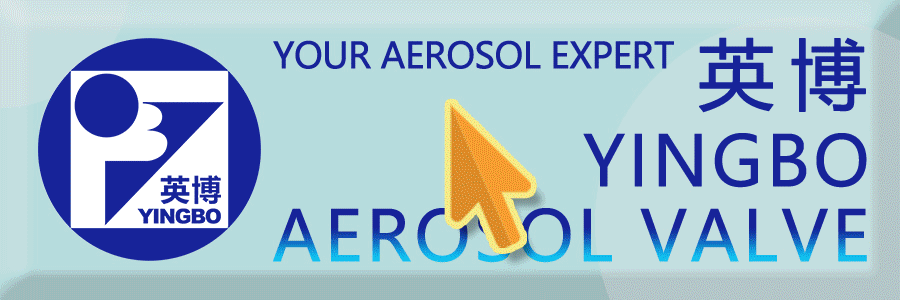Aluminium aerosol can market declined 1.7% in 2020
The performance of companies that are part of the International Organisation of Aluminium Aerosol Container Manufacturers (AEROBAL) was ‘quite impressive’, according to the association. Regardless of the difficulties posed during the pandemic, global deliveries of aluminium aerosol cans by AEROBAL members fell by just 1.7% in 2020 compared to in 2019.
With a total production of roughly 5.7 billion cans, the industry was only slightly below the record results of the past few years. AEROBAL members represent around 70% of all aluminium aerosol cans produced around the globe.
“Especially in this crisis, the advantages of aluminium aerosol cans as packaging material have once again come into their own,” said Gregor Spengler, AEROBAL’s secretary-general.
“Their outstanding safety and reliability, paired with excellent functionality and the exceptionally high hygiene standards, which are, of course, even more important in a pandemic, have paid off. Together with the efficiency and flexibility of our member companies, this has ensured that we have come relatively well through the difficult last year compared to other industries.”
Despite the good news, AEROBAL was keen to highlight that the pandemic has left its mark on sales markets for aluminium aerosol cans. The slight decline is due not least to lower demand for deodorants, the core market for aluminium aerosol cans.
The organisation reported sales of other personal care items and hair care products also declined. In addition to a ‘general reluctance to consume’, as AEROBAL put it, it was above all the mobility restrictions that played a part. Since consumers were going out less, they also used fewer products such as deodorants, perfumes, body, hair care, and cosmetic products.
The uncertainty among consumers and various travel restrictions also caused major disruption to the travel industry, which explains the ‘noticeable decline’ in demand on the market for sunscreens and similar products.
On the other hand, the pandemic resulted in a noticeable increase in demand in certain sectors such as disinfection and hygiene products. As restrictions saw consumers staying at home, the demand for household products also increased. Although this was positive news, the increase in such products could not compensate for the lower demand in deodorants, body, and hair care products.
In a global comparison, deliveries to the EU-27 and UK markets fell noticeable. The markets in Africa and the Australian-Asian region also showed a negative trend. Due to a somewhat more solid demand from Central- and South America, the deliveries in the whole of the US remained relatively stable. Deliveries to countries outside the EU-27 and the UK developed positively in Europe, while markets in the Middle East also grew slightly.
AEROBAL president Leopold Werdich is expecting a continued volatile demand during the first half of this year. “The planning horizons are extremely short,” said Werdich, “the customer forecasts are fraught with many uncertainties, and new projects are approached rather cautiously.
“Should the pandemic situation relax more and more thanks to extensive vaccinations and further progress in combating the virus, so that consumers can regain their normality and mobility, we expect a sustained increase in demand from Q3 onwards.
“In a society for which environmental aspects, as well as health and hygiene standards, play an increasingly important role, the aluminium aerosol can will successfully distinguish itself and further consolidate its position as the packaging of the future.
“Because of its clean and safe use and its excellent recyclability, it offers the decisive plus in consumer-friendliness, resource efficiency, and real sustainability.”










